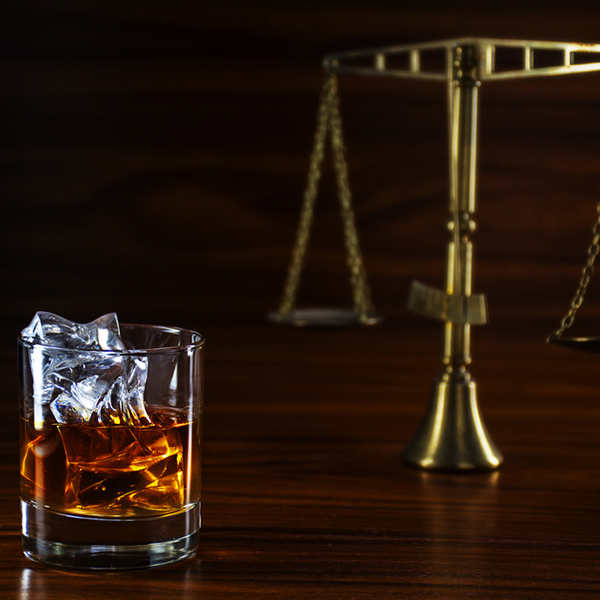Supreme Court Rules for Student Seeking Discharge of Loan Debt
The U.S. Supreme Court has ruled on behalf of a litigant seeking to discharge the interest on his student loans in bankruptcy.
In a unanimous opinion, the court said the bankruptcy court could discharge the debt even though the former trade school student, Francisco Espinosa, had failed to allege undue hardship, SCOTUSblog reports.
The opinion by Justice Clarence Thomas said the bankruptcy judge should not have approved the bankruptcy plan absent proof of undue hardship, but the error was not serious enough to void the agreement, the Associated Press reports.
The lender did not object to the plan before its approval.
The lender later sought to void the bankruptcy judge’s order under Federal Rule of Civil Procedure 60(b)(4). But “Rule 60(b)(4) does not provide a license for litigants to sleep on their rights,” Thomas wrote in his opinion for the court.
“Where, as here, a party is notified of a plan’s contents and fails to object to confirmation of the plan before the time for appeal expires, that party has been afforded a full and fair opportunity to litigate, and the party’s failure to avail itself of that opportunity will not justify Rule 60(b)(4) relief.”
The opinion (PDF) is United Student Aid Funds v. Espinosa.
Prior coverage:
ABAJournal.com: “A ‘Somewhat Tense Moment’ as Justices Consider Discharge of Student Loans”
ABAJournal.com: “Supreme Court to Consider Abbreviated Discharge of Student Loan”



